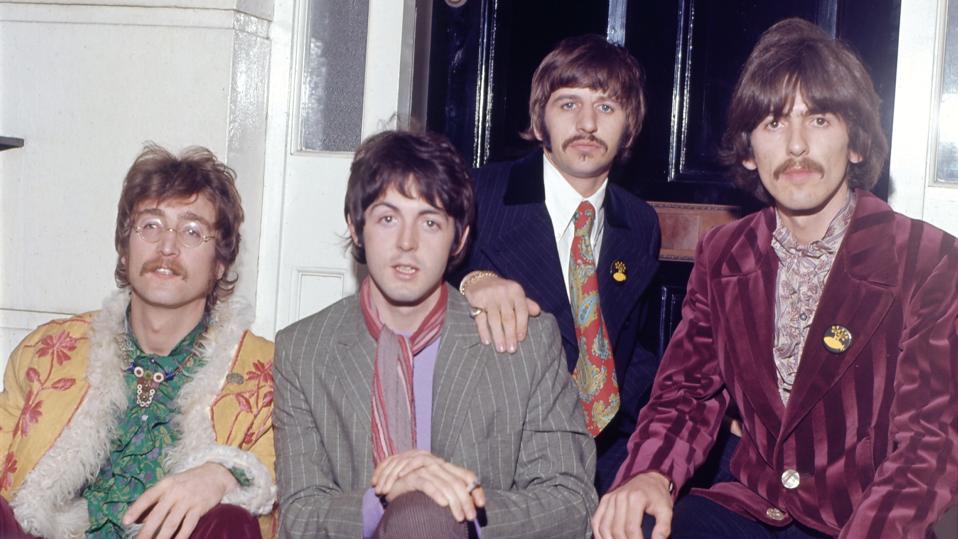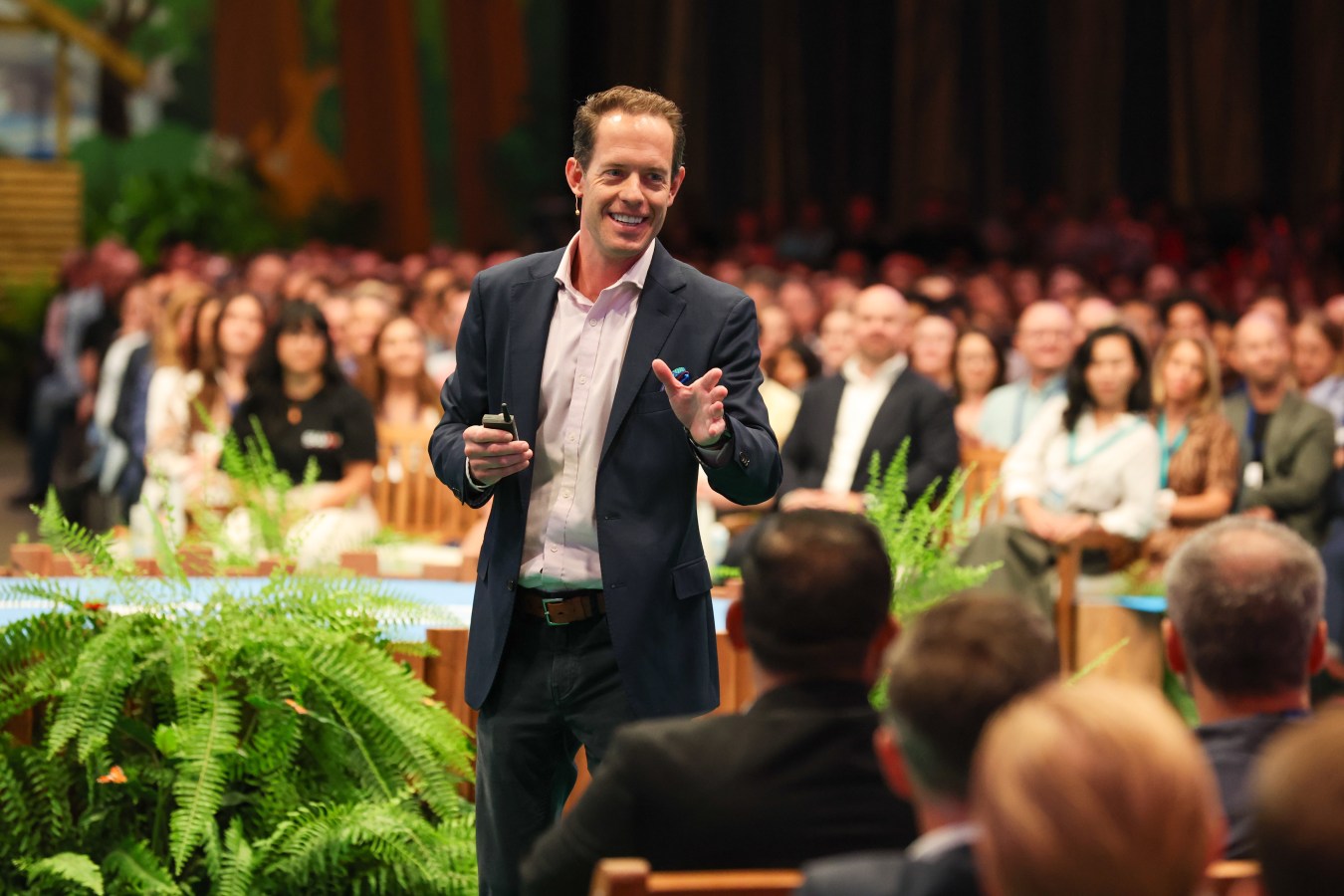A new Beatles song will be released later this year with a little help from artificial intelligence, musician Paul McCartney announced Tuesday, the latest example of how creative industries are using the fast-evolving technology as lawmakers and regulators begin to grapple with the ethical and legal issues it raises.

McCartney said the “final” Beatles record will be released later this year.
Getty Images
Key Takeaways
- Speaking on BBC’s Radio 4 Today program, McCartney said “the final Beatles record” had been completed with the help of AI and would come out later this year.
- The musician said the technology had been used to “extricate” the voice of the late John Lennon from an old demo tape.
- McCartney said the technology was able to extract Lennon’s voice from a “ropey little bit of cassette” and isolate his vocals from instruments on the recording.
- Lennon’s “pure” vocals were then used to complete the decades-old song, McCartney said.
- “We just finished it up and it’ll be released this year,” he said.
What We Don’t Know
McCartney did not name the song and there is a good deal of speculation over what it might be. Reports suggest the song could be titled Now and Then, one of several tapes Lennon had made before he was killed in 1980. The song, passed on to McCartney by Lennon’s widow, Yoko Ono, in the 90s, was reportedly considered as a possible reunion song for the band’s Anthology catalog but was abandoned due to the poor quality. It was reportedly tougher to restore than other revitalized versions of the band’s work, but technology seems to have advanced enough to finish the song.
News Peg
Audio restoration and posthumous musical releases are not uncommon in the music industry, but advances in AI and other technologies are exerting an increasingly powerful influence. AI can generate and perform its own songs and music, as well as create the kinds of avatars that have allowed the creation of virtual bands or digital versions of industry favorites like ABBA to tirelessly “perform” night after night after night. Even in death, holograms make it possible for dead musicians to take to the stage.
The tech raises many questions central to creative endeavours, however, particularly regarding the ownership of one’s work, image and voice. Some generative AI, which produces content based on requests inputted, are trained on data that could potentially include protected work, like music, from other artists, though these contributions are rarely acknowledged or compensated. Others, particularly in music, can be used to mimic the voices of the industry’s biggest stars to produce “new” songs by them, which have proven popular online and generated a flurry of pushback from stars, labels and their lawyers.
This story was first published on forbes.com


